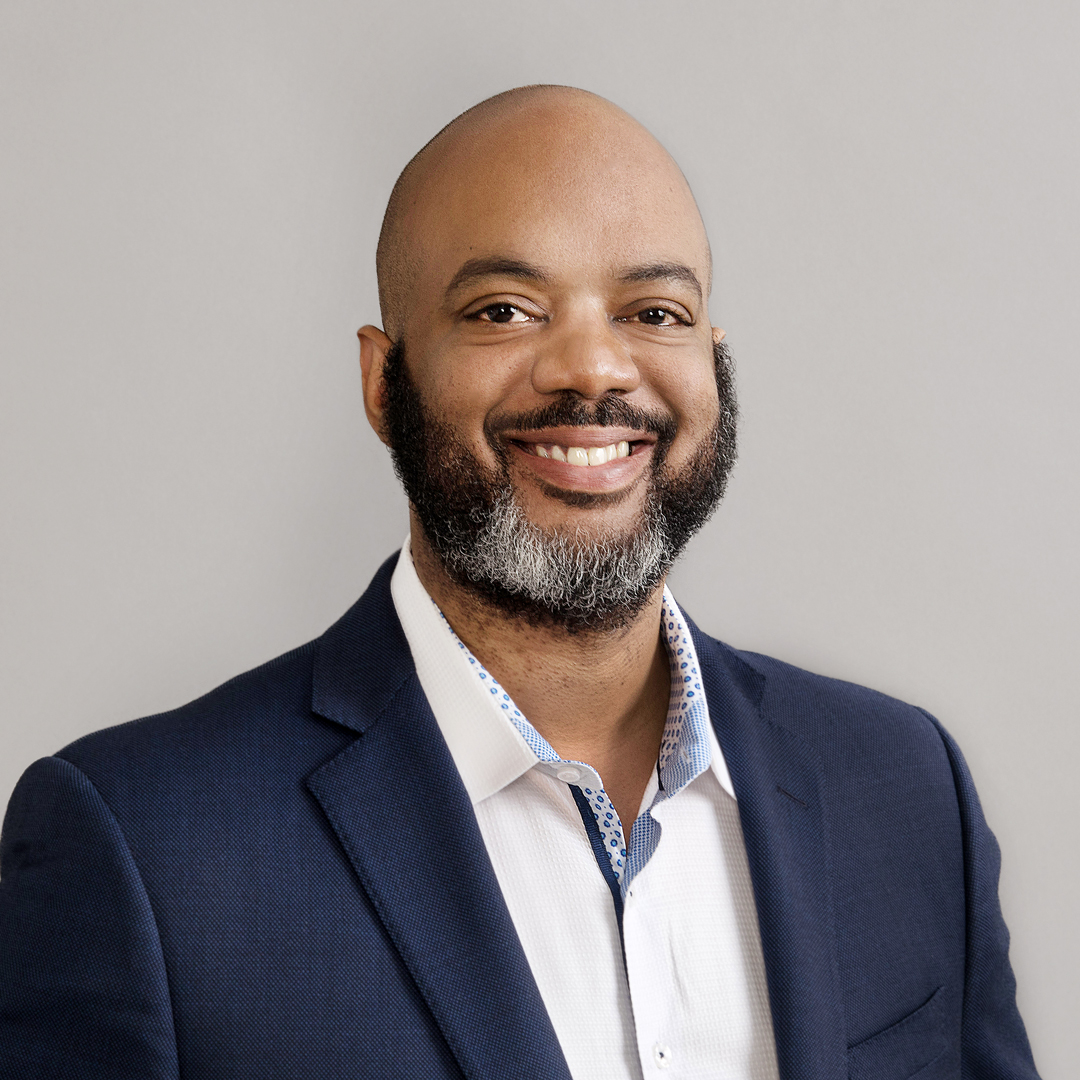I have been working at a fully distributed company, Automattic, for more than eight years. We are now more than 1,200 people all over the world, and we’ve all been working from home since the company started in 2006.
Over my career at Automattic, I’ve learned that distributed teams succeed or fail based on transparency and on how well they communicate. As we say at Automattic, “Communication is oxygen.”
There is no such thing as overcommunication, and at Automattic much of this communication happens on our network of internal blogs that are open to the whole company. This was a hard thing for me to get used to, especially as a lawyer, because the level of communication needed for a distributed team to work effectively sometimes feels like oversharing.
One of my big challenges is balancing the important legal concerns about confidentiality and privilege with the level of transparency that is necessary for an effective distributed organization. I learned that, like the rest of the organization, the best answer is to “default to open”—share as much relevant information as possible, as often as is sustainable.
Showing your work, explaining what you are doing, why you’re doing it, and why it’s important to the company is the best way to build up trust for you and your legal team. And this trust works in both directions.
“I would encourage in-house attorneys who are now working in a distributed environment to be hyperaware of when you are putting the brakes on communication or transparency (by you or others).”
You might think that no one at your company understands or is interested in what the lawyers are working on. Who wants to read about your subpoenas, due diligence process, or securities law filings? You would be surprised! TV shows and movies about lawyers have always been really popular for a reason: what we do is really interesting and impactful. But too often it’s all behind the scenes.
Write about what you’re doing and your passion for it. You might be surprised by how much your company appreciates it.
Many times, our legal experience trains us to be closed by default—to share information only when needed, and always question whether sharing broadly is necessary. There are often very good reasons for this, but this mode of operating is at odds with what makes a distributed organization tick. Often, there are creative ways to share at least some information.
At the very least, you can explain when and why you are being more tight-lipped and why there is an exception to the rule of open communication. For example, we don’t post about any ongoing litigation, but when cases end, we try to provide a summary of what the case was about and the result.
I would encourage in-house attorneys who are now working in a distributed environment to be hyperaware of when you are putting the brakes on communication or transparency (by you or others). Question the need for doing this, and then think creatively about how you might be able to share more while still protecting things like privilege. You, your team, and your organization will be better for it.
—
Paul Sieminski is the general counsel and head of corporate development for Automattic (the company behind WordPress.com, Tumblr, WooCommerce, and others). Automattic is a fully distributed company—everyone works from home from more than seventy countries around the world. Paul joined Automattic in 2012 as their first in-house attorney after practicing as a corporate and securities lawyer at the Silicon Valley firm Gunderson Dettmer. In his time at Automattic, he’s built the legal department to support Automattic’s growth from start-up to more than 1,200 employees worldwide and helped lead fifteen corporate acquisitions.


